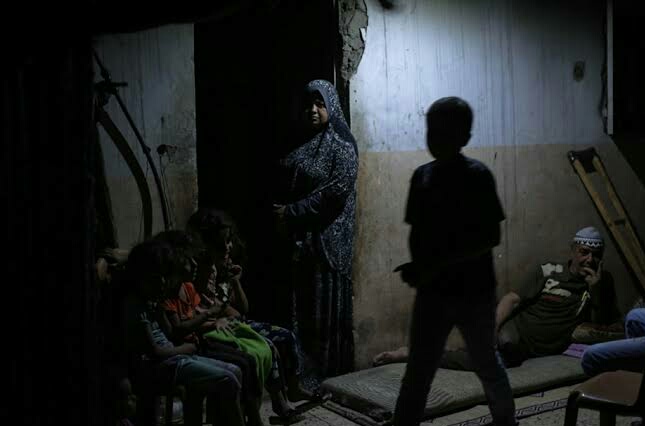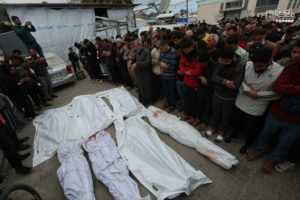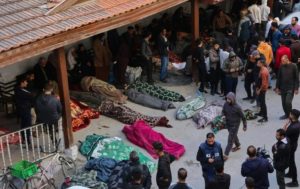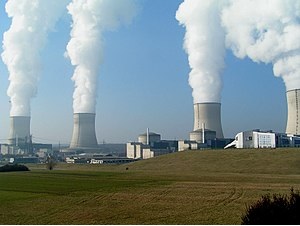West Bank, MINA – Israel’s national electricity company said it had begun reducing electricity supplies to a number of Palestinian territories in the occupied West Bank due to financial problems on Sunday, September 22 local time.
It was done in a step that increased the humanitarian crisis.
Israel Electric Co. said it took that step because the Jerusalem District Electricity Co. as the major Palestinian electricity distributor has arrears of debt which has swelled by about US $485 million.
An official Palestinian electricity distributor, Ali Hamodeh, said electricity was expected to be off for two hours every day in several Palestinian cities in the coming weeks.
Also Read: Israeli Airstrikes Kill and Injure Dozens in Gaza City’s Zeitoun Neighborhood
“Israel exaggerates the level of debt and calls the power to cut political exploitation,” he said as quoted by the Daily Sabah on Monday.
Palestinians rely on Israel for almost all electricity supply because further blackouts will cause a total collapse of basic services in the occupied Palestinian territories.
People of Gazan have long suffered from electricity shortages and experienced critical blackouts.
New power lines of Israel have been proposed to alleviate the situation so that residents now have six hours of electricity followed by 12 hours of outages.
Also Read: Over 170 NGOs Demand End to Israeli Military-Controlled Aid Distribution in Ga
The only existing power plant is often out of fuel for generators, while the electricity supply is only up to four hours per day.
Hamas movement seized power in Gaza in 2007 from Fatah groups based in Ramallah. Hamas imports diesel for generators through Palestinian Authority led by Palestinian President Mahmoud Abbas.
However, Hamas continues to disagree over payments which cause supply shortages. Cold weather in Gaza also increases electricity and fuel demand for generators.
The city needs 500 megawatts (MW) of electricity every day, but only receives less than 250 MW.
Also Read: UNRWA Calls for End to GHF’s Operations, 500 Gazans Have been Killed
Because of the lack of electricity, people mainly rely on gasoline-powered generators and solar panels to keep their refrigerators running and have access to hot water. (T/Sj/P2)
Mi’raj News Agency (MINA)
Also Read: Hamas Calls for Mass Mobilization to Defend Al-Aqsa Mosque

































 Mina Indonesia
Mina Indonesia Mina Arabic
Mina Arabic